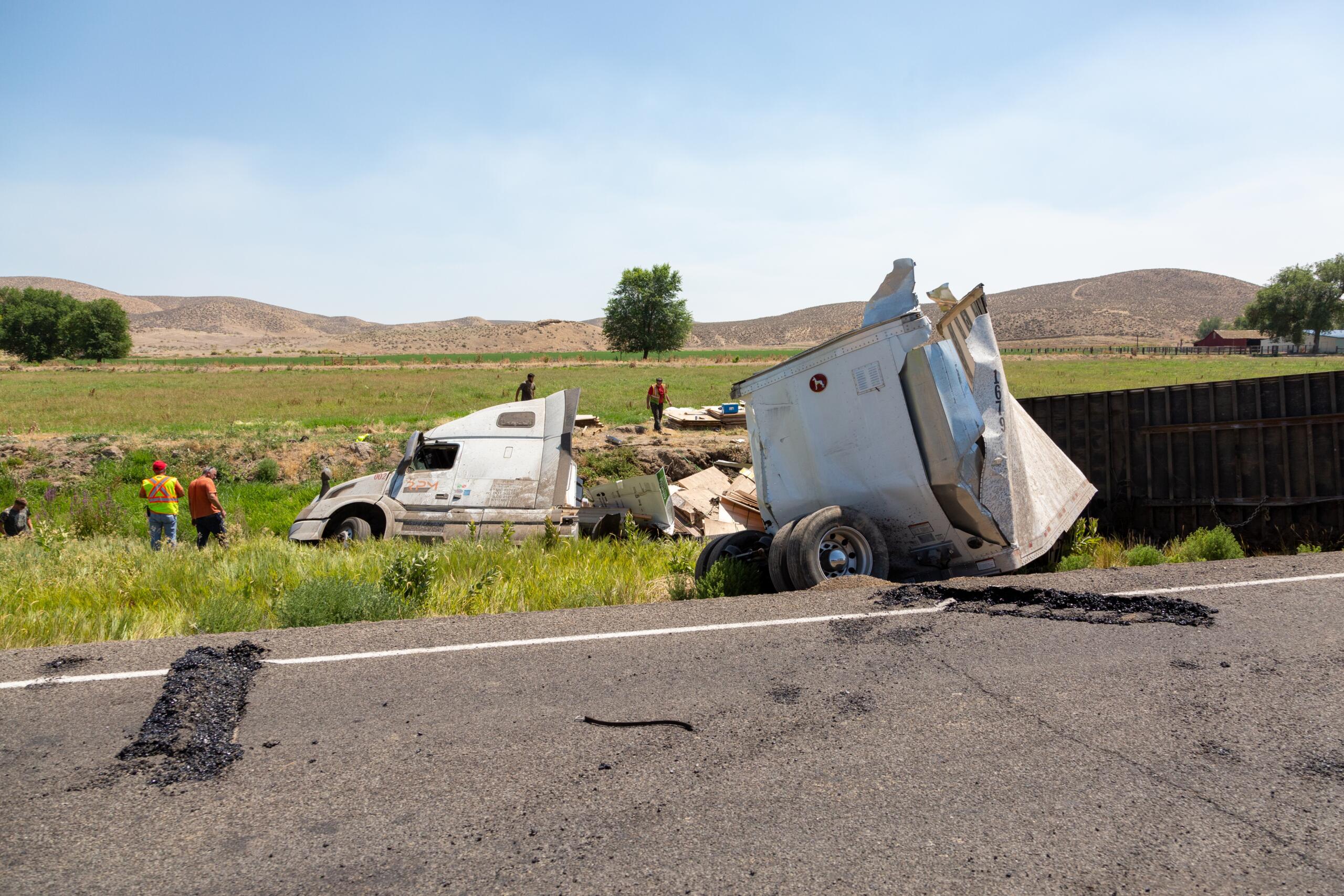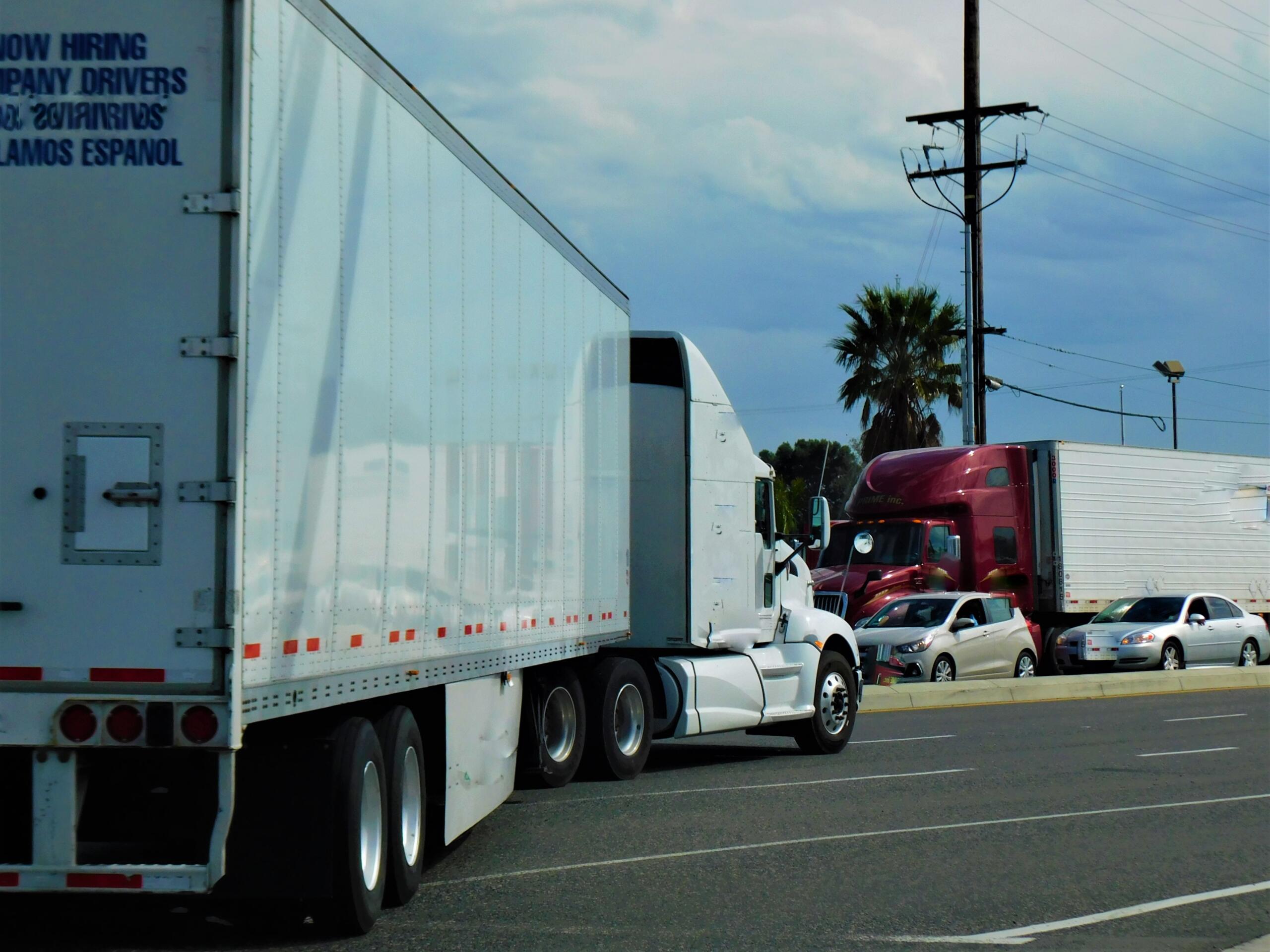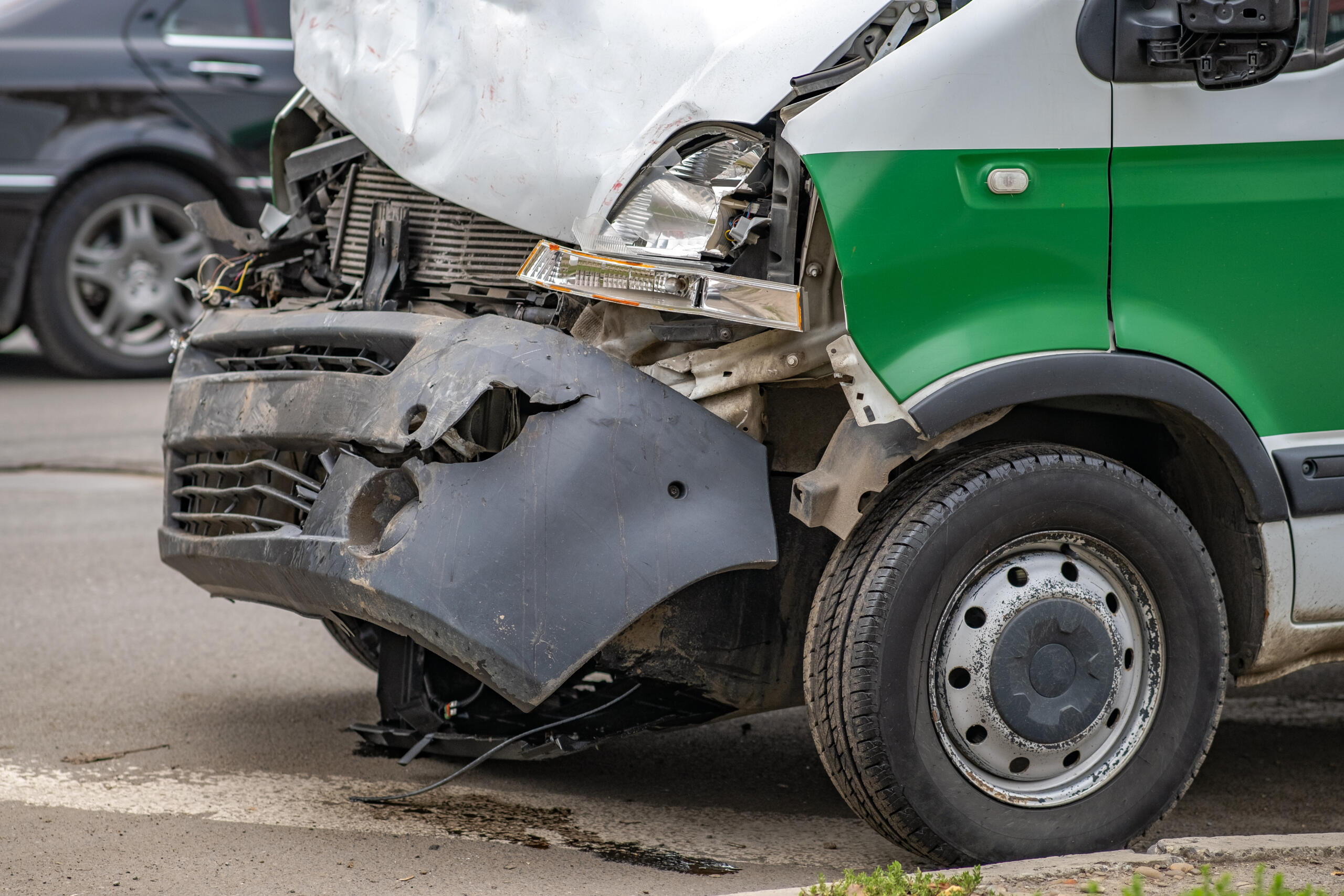
Accidents involving commercial vehicles can be complex, given the multiple parties and factors involved. Understanding who is liable is crucial for businesses, drivers, and victims alike. This article will break down the essentials of liability in commercial vehicle accidents, helping you navigate these often complicated situations with clarity and confidence.
What Is a Commercial Vehicle?
Before diving into liability issues, it’s important to understand what constitutes a commercial vehicle. These are vehicles used for business purposes, such as delivery trucks, buses, vans, and tractor-trailers. They are generally larger and heavier than personal vehicles, which can contribute to more severe accidents.
Types of Commercial Vehicles
Commercial vehicles include a wide range of types, each with specific uses and regulations. Here are some common examples:
- Delivery Trucks: Used for transporting goods to businesses and customers.
- Buses: Used for public transportation or private charters.
- Tractor-Trailers: Long-haul trucks that transport goods across states.
- Vans: Often used by service providers and smaller businesses.
Understanding the type of commercial vehicle involved can influence the liability outcome, as different rules and regulations apply to each.
Key Factors in Determining Liability
Several factors are considered when determining liability in commercial vehicle accidents. These include driver behavior, vehicle maintenance, road conditions, and compliance with regulations.
Driver Behavior
Driver behavior is a significant factor in accidents. If a driver is found to be negligent, such as by driving under the influence, speeding, or distracted driving, they can be held liable. Commercial drivers are expected to follow stricter guidelines due to the nature and size of the vehicles they operate.
Vehicle Maintenance
Regular maintenance is crucial for the safety of commercial vehicles. If an accident occurs due to poor maintenance, such as brake failure or tire blowouts, the company owning the vehicle may be held liable. Maintenance records are often reviewed in such cases to determine responsibility.
Road Conditions and Environment
Road conditions can also contribute to accidents. Poorly maintained roads, weather conditions, and inadequate signage can lead to accidents. However, these factors can complicate liability, as they may shift some blame away from the driver or vehicle owner.
Compliance with Regulations
Commercial vehicles must comply with specific regulations regarding weight limits, cargo securement, and driver hours. Violations of these regulations can lead to accidents and impact liability.
Who Can Be Held Liable?
In a commercial vehicle accident, multiple parties may be held liable, depending on the circumstances:
The Driver
The driver can be held liable if their actions directly caused the accident. This is common in cases of negligence, such as distracted driving or violating traffic laws.
The Employer
Employers can be held liable under the doctrine of “respondeat superior,” which means an employer is responsible for the actions of their employees when they are working within the scope of their employment. If a driver causes an accident while performing job duties, the employer may also be liable.
The Vehicle Owner
If the vehicle is leased or rented, the owner may share liability, especially if the accident was due to mechanical failure resulting from neglected maintenance.
Manufacturers
In some cases, the manufacturer of the vehicle or its parts can be held liable if a defect contributed to the accident. This involves proving that the accident was caused by a manufacturing fault.
The Role of Commercial Vehicle Insurance
Commercial vehicle insurance plays a crucial role in covering damages and liabilities. It provides protection for businesses against financial losses resulting from accidents involving their vehicles.
Types of Coverage
Commercial vehicle insurance typically includes several types of coverage:
- Liability Coverage: Covers damages to other people or property in an accident.
- Collision Coverage: Covers damage to the commercial vehicle itself.
- Comprehensive Coverage: Covers non-collision-related damages, such as theft or natural disasters.
- Uninsured/Underinsured Motorist Coverage: Covers accidents involving drivers without sufficient insurance.
Importance of Adequate Coverage
Having adequate insurance coverage is crucial for businesses to protect themselves from significant financial losses. It’s essential to understand the coverage limits and ensure they are sufficient to cover potential liabilities.
Steps to Take After a Commercial Vehicle Accident
If you are involved in a commercial vehicle accident, taking the right steps can help protect your interests and ensure a fair resolution.
Immediate Actions
- Ensure Safety: Prioritize safety and call emergency services if needed.
- Document the Scene: Take photos and gather information from all parties involved.
- Report the Accident: Notify your insurance company and, if applicable, your employer.
Legal Considerations
- Consult an Attorney: Seek legal advice to understand your rights and responsibilities.
- Preserve Evidence: Keep all records related to the accident, including maintenance logs and communication with insurance companies.
Conclusion
Understanding liability in commercial vehicle accidents is critical for all parties involved. By knowing the key factors and potential liabilities, you can better navigate these challenging situations. Whether you are a business owner, driver, or victim, being informed helps ensure fair treatment and protection against financial losses.
Secure Your Future After a Commercial Vehicle Accident with 612-Injured!
If you or someone you know has been involved in a commercial vehicle accident, it’s vital to take swift and informed actions to protect your rights and interests. At 612-Injured, Minnesota’s Personal Injury Attorneys, our dedicated team is ready to guide you through every step of the legal process. Don’t wait to seek the compensation and justice you deserve. Contact us today at 612-Injured to schedule a consultation and let us help you navigate the complexities of your case.


